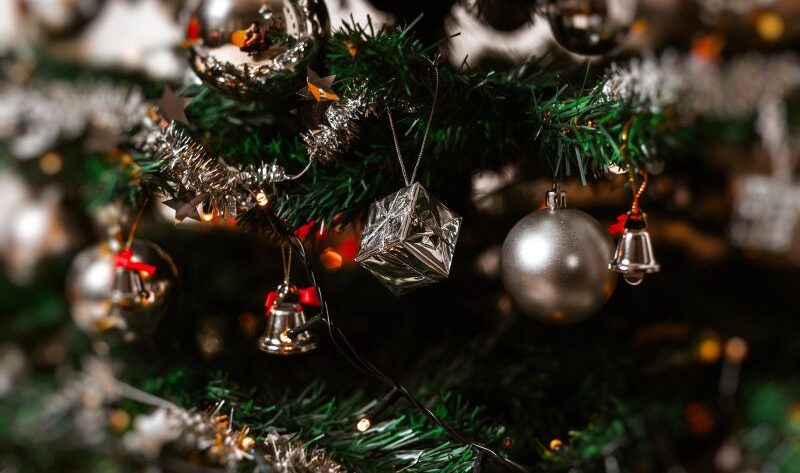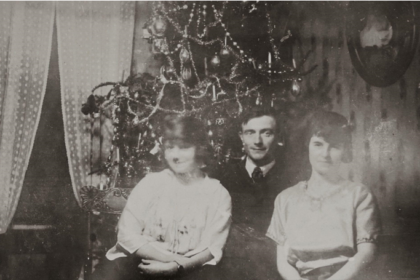Exploring Traditions: A Journey Through Twelfth Night Celebrations
Twelfth Night is a holiday celebrated around the world on the twelfth night after Christmas Day. It is also known as Epiphany, which marks the visit of the Wise Men to the baby Jesus. This festive occasion is meant to mark the end of the Christmas season and is observed in many countries with a range of unique customs and traditions.
In Spain and Latin America, Epiphany is known as Reyes Magos or the “Three Kings Day.” It is customary for children to leave their shoes out on the night before and to wake up to find them filled with sweets and small gifts left by the Three Wise Men. On the eve of Three Kings Day, there are parades in many cities featuring colorful floats, live music, and participants dressed up as the Three Kings.
In Greece, Twelfth Night is known as “Theofania,” which means “the manifestation of God.” One of the most popular traditions in Greece is the Blessing of the Waters, where a priest throws a cross into the sea, and young men jump in to retrieve it. It is said that whoever retrieves the cross will be blessed with good luck for the year ahead.
Italian Epiphany Celebrations: The Feast of La Befana and the Legend of the Christmas Witch
In Italy, the Epiphany is known as La Befana. According to legend, an old woman named Befana went to find the baby Jesus with her broom, but never found him. Now, every year, she delivers presents to children instead. On Epiphany Eve, children hang a stocking or a sock by the fireplace or on a windowsill, and La Befana fills it with candy and small gifts.
In France, Epiphany is celebrated with a traditional dessert called Galette des Rois or “Kings Cake.” The cake is made of puff pastry and filled with frangipane, a rich mixture of ground almonds, butter, and sugar. A tiny porcelain or plastic figurine called “La Fève” is hidden inside the cake, and the person who finds it in their slice is crowned king or queen for the day.
In the United Kingdom, Twelfth Night used to be a day of revelry, with Shakespeare’s play of the same name often performed on this day. One of the oldest surviving traditions is the Twelfth Night Cake. This cake was made with dried fruits and spices and sometimes had a dried pea or a bean baked inside. The person who found the bean or pea in their slice was declared the Lord of Misrule for the evening and led the festivities.
In Germany, the Epiphany is known as Dreikönigstag or Three Kings Day. Children dress up as the Three Wise Men and go door-to-door singing carols and collecting money for charity. A star-shaped loaf called “Dreikönigskuchen” is also baked with a small figure of a king inside. The person who finds the figure is named the “king” and gets to lead a procession through the streets.
In Israel, the Epiphany is celebrated at the Jordan River, where it is believed that Jesus was baptized by John the Baptist. The Greek Orthodox Church holds a special mass at the site, and many pilgrims take a dip in the river, symbolizing their own baptism.
In conclusion, Twelfth Night may be celebrated differently around the world, but it all goes back to the same event: the visit of the Wise Men to the baby Jesus. These traditions and customs passed down through generations serve as a reminder of the joy and hope that the season brings, uniting the world in the spirit of the holiday.




